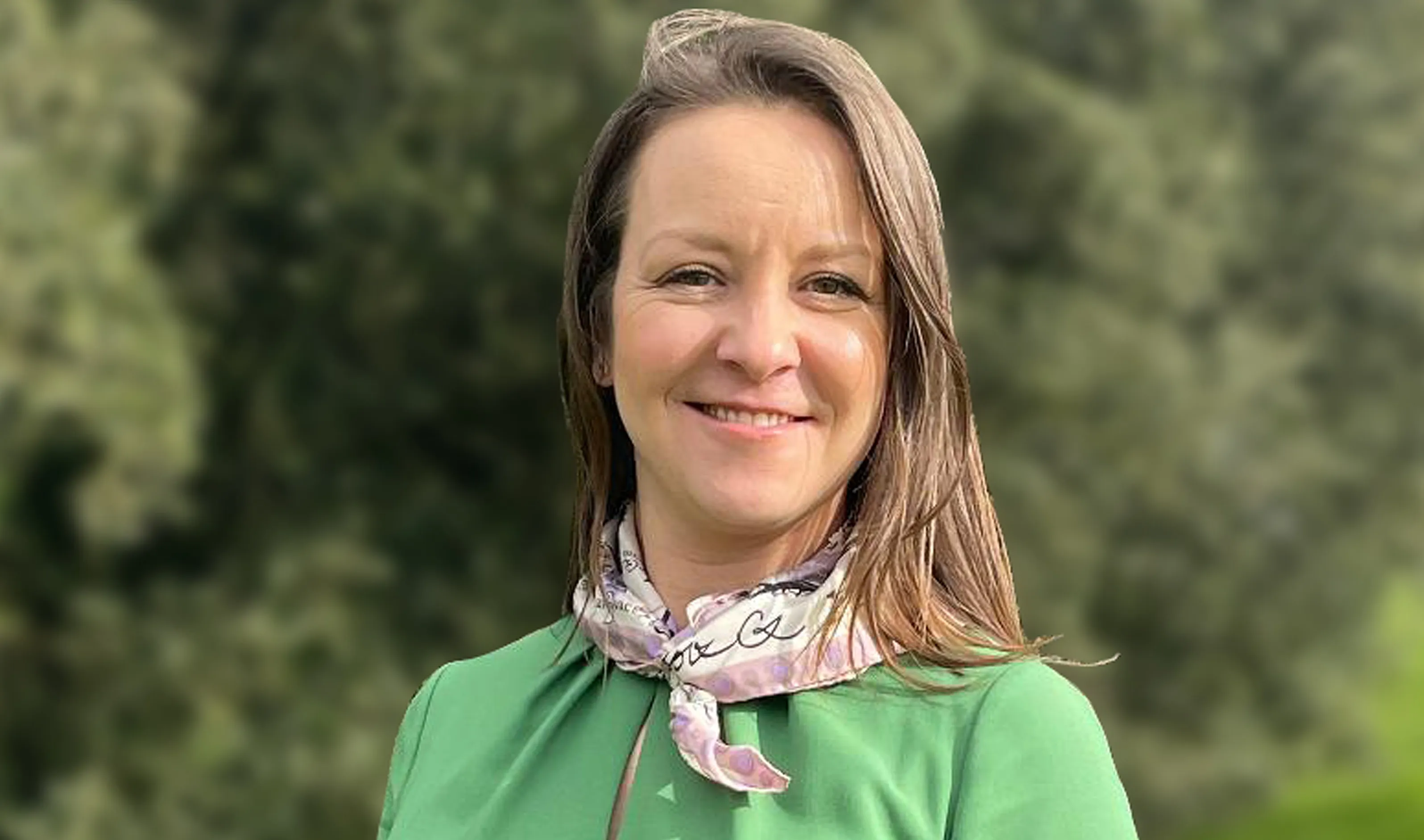Congratulations to Jelena Korobkova on qualifying as a Collaborative Lawyer
22 January 2025

We are delighted to celebrate Jelena Korobkova’s recent qualification as a Collaborative Lawyer.
Jelena joined Edward Cooke Family Law in February 2024 and works in our Chilgrove office. Throughout her time with the firm has shown passion and skill in supporting clients to resolve matters in ways that best suit their individual circumstances, using non-court resolution approaches whenever possible. She is highly empathetic and encourages open communication and a child-centred approach.
Jelena’s Qualification as a Collaborative Lawyer
Jelena has shown a steadfast commitment to continuing to evolve her practice, and undertaking her Collaborative training to achieve a qualification as a Collaborative Lawyer is a key milestone for her.
Collaborative Law is a growing area of practice that focuses on resolving disputes through cooperation rather than confrontation. It encourages open communication and problem-solving, allowing parties to reach amicable solutions without the stress and expense of court proceedings.
Jelena commented on her desire to qualify as a Collaborative Lawyer and how it impacts her practice as a specialist family lawyer:
“I am very pleased to have been given an opportunity to attend and complete the Resolution Collaborative Training in November 2024. I am a long-standing proponent of exploring, where appropriate, non-court dispute resolution methods to assist those separating, so as to minimise, if possible, the clients’ exposure to the otherwise often adversarial court system.
The specialist Collaborative Training provides me with further tools, allowing me to help the people I work with, through a process of open and cooperative discussions and negotiations within the setting of a series of round table meetings. The process also allows for an opportunity to work cooperatively and collectively with the colleague representing the other individual, without the dispute turning combative and respective positions entrenched. The focus is more on working together, as clients and legal professionals (as well as other professionals, including therapeutic and financial experts), creating a bespoke solution to ensure that the needs and the circumstances of that family are met. This allows for a new chapter to begin for all involved, including any children who may be caught up in the process.
During the training, I have particularly enjoyed the role playing. This part of the training allowed me to adopt the role of the individual going through a separation, while my colleagues adopted the role of the other person involved in the separation as well as the roles of the collaborative lawyers assisting within the fictitious scenario. This exercise gave me an opportunity to look at the process from a wholly different perspective which highlighted and exemplified that a collaborative way of working is, in essence, a cooperative way of working to help those involved focus on achieving their hopes and aspirations, while preserving as much as possible their ability to positively communicate with each other and their autonomy to make decisions.
The process of separation or parental conflict often is highly emotive, even if every effort is there to work cooperatively. The collaborative way of working allows for procedural flexibility, which in turn means that there are countless possibilities of working with the individuals, while ensuring that their needs, including emotional needs, are met throughout.
I am very grateful to the trainers who shared their respective and individual experiences of working collaboratively, which in turn kindled a real desire to work in this way with the people I help and wider colleagues.”
Supporting Jelena’s training and qualification is just one of the ways we support our solicitors in pursuit of excellence in their careers, whilst best supporting our clients to reach outcomes best suited to them when facing separation and divorce.
Click here to learn more about Collaborative Law, how it offers separating or divorcing couples the chance to reach their own solutions with dignity and respect, its benefits and the process.


